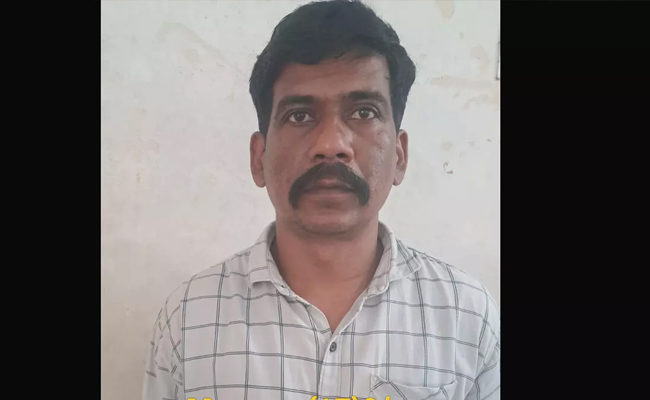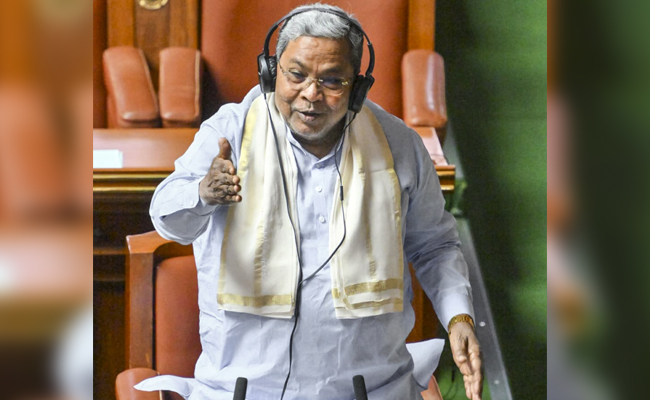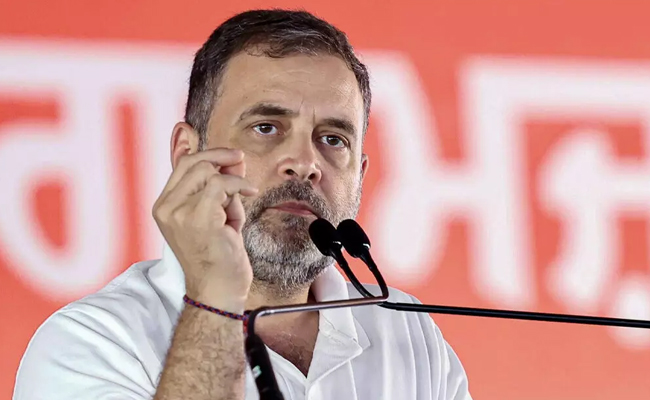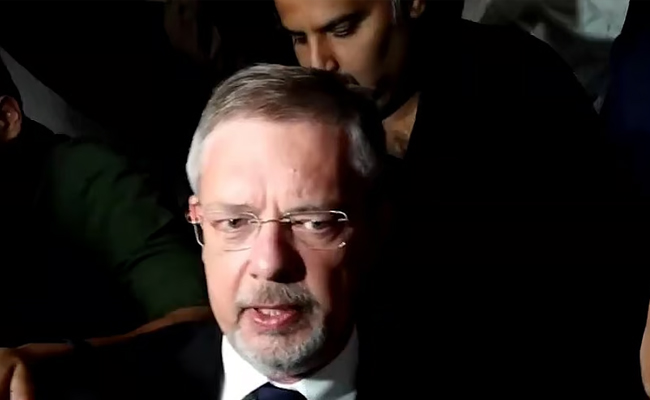New Delhi, June 12: In a major boost to affordable housing, the government on Tuesday said it has raised the carpet area of houses eligible for subsidy under Credit Linked Subsidy Scheme (CLSS) by 33 per cent for the Middle-Income Group (MIG) segment.
"These enhancements will now enable more MIG customers to qualify for subsidy and avail the benefits provided under the ambitious flagship mission of Pradhan Mantri Awas Yojana (Urban)," the Ministry of Housing and Urban Affairs said in a statement.
The carpet area has been raised from "up to 120 square metre" to "up to 160 square metre" for MIG I, which comprise families with household income between Rs 6 lakh and Rs 12 lakh. For MIG II families, with annual income between Rs 12 lakh and Rs 18 lakh, it has been raised from "up to 150 square metre" to "up to 200 square metre".
For MIG I, the interest subsidy is four per cent, eligible housing loan amount is Rs 9 lakh and the upfront amount for subsidy is Rs 2,35,068. For MIG II, the interest subsidy is three per cent, eligible loan amount is Rs 12 lakh and the upfront amount for subsidy is Rs 2,30,156.
"This augurs well with the Reserve Bank of India (RBI) policy to revise the housing loan limits for Priority Sector lending (PSL) eligibility," it said.
The RBI has decided to revise the housing loan limits for PSL eligibility from existing Rs 28 lakh to Rs 35 lakh in metropolitan centres, and from Rs 20 lakh to Rs 25 lakh in other centres, provided the overall cost of the dwelling unit in metro and at other centres does not exceed Rs 45 lakh and Rs 30 lakh, respectively.
The MIG segment is an aspirational class which is upwardly mobile and the intent of the CLSS for MIG is to support the dream of every family of owning a house, the ministry said. The decision to increase the carpet area was done after inputs from various stakeholders.
One key issue was denial of CLSS benefit to potential beneficiaries as they were buying flats or constructing houses, where the carpet area exceeded the cap of either 120 square metre or 150 square metre, thus rendering them ineligible for the interest subsidy under MIG.
"The increased construction activity in housing sector has a cascading effect on core sectors like cement, steel, machinery and other allied sectors. More construction activity in the urban areas would result in creation of more jobs for both skilled and unskilled workers," it said.
The CLSS for MIG scheme has gained momentum in the last couple of quarters and the offtake has picked up significantly. As on June 11, 2018, an amount of Rs 736.79 crore has been disbursed to 35,204 beneficiaries belonging to the MIG category, said the ministry.
The number of CLSS beneficiaries for Economically Weaker Sections (EWS) and Low-Income Group (LIG) is 133,213 and subsidy released for this segment is Rs 2,890.50 crore.
Let the Truth be known. If you read VB and like VB, please be a VB Supporter and Help us deliver the Truth to one and all.
Mangaluru (Karnataka) (PTI): A court in Mangaluru on Thursday sentenced a man to life imprisonment for the murder of a 47-year-old man in Dakshina Kannada district in 2022.
The II Additional District and Sessions Court Judge, Jagadish V N, convicted the accused, Murugan, under Section 302 of the Indian Penal Code and sentenced him to life imprisonment along with a fine of Rs 10,000.
According to the police, the case relates to the murder of Harish Salyan, a resident of Ullanje in Mangaluru city.
The incident occurred on March 19, 2022, near a tourist car parking area at Mulki Pete in Bappanadu village of Mulki town in Dakshina Kannada district.
Investigations revealed that the accused attacked Salyan with a red laterite stone embedded in cement concrete, repeatedly striking his face and killing him on the spot.
Police said the murder was allegedly committed due to financial enmity between the accused and the victim.
Following the incident, a case was registered at the Mulki police station, and the matter was later taken up for trial in the Sessions Court.
The investigation in the case was carried out by Police Inspector Kusumadhar, who filed the charge sheet before the court. Assistant Sub-Inspector Sanjeev assisted in the investigation.
During the trial, the prosecution was represented by Public Prosecutor Jyothi Pramod Nayak, who argued the case on behalf of the state.
Based on the evidence and arguments presented, the court pronounced the verdict convicting the accused and awarding life imprisonment.





